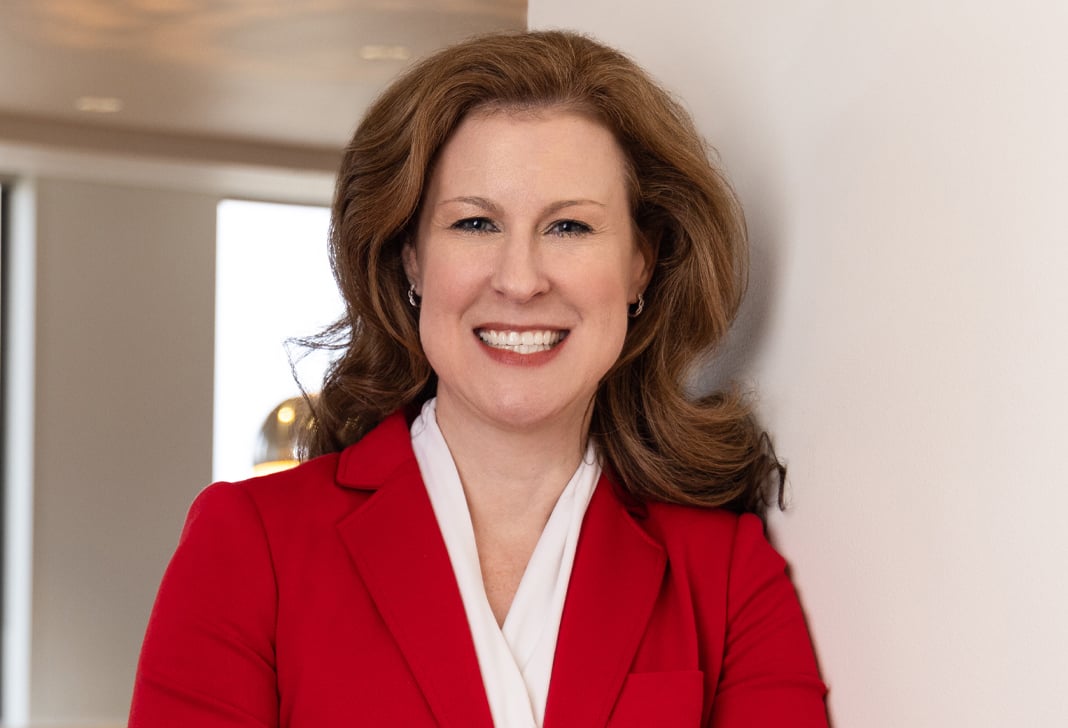
Ninth Circuit Affirms Class Decertification Order But Reverses Summary Judgment in "All Natural" Foods Label Case
On September 30, 2016, in a closely watched case, the Ninth Circuit affirmed a district court's decertification ruling based on a faulty damages model but reversed in part the district court's ruling that "All Natural Fruit" labeling on Dole products is not likely to deceive consumers. Brazil v. Dole Packaged Foods, LLC, No. 14-17480 (9th Cir. Sept. 30, 2016) (unpublished). The opinion is unpublished but will likely have repercussions for class actions in and out of the Ninth Circuit.
District Court—Decertifying the Class and Granting Summary Judgment
The plaintiff in Brazil claimed Dole's "All Natural" label was misleading because the products contained synthetic citric and ascorbic acids. Among other claims, he alleged violations of various California consumer protection statutes and sought to certify a class. Initially, the district court certified an injunction class under Rule 23(b)(2) and a damages class under Rule 23(b)(3). On Dole's motion, the district court later decertified the damages class based on lack of predominance, because the plaintiff's damages model did not accurately measure the value of the "All Natural" claim and, thus, did not permit restitution on a classwide basis. More specifically, the plaintiff's hedonic regression analysis was not "capable of controlling for all other factors and isolating the price premium attributable to Dole's 'All Natural' label only." Brazil v. Dole Packaged Foods, LLC, No. 12-cv-01831-LHK, 2014 WL 5794873, at *13 (N.D. Cal. Nov. 6, 2014). On the merits, and based on a standard set forth in nonbinding 2013 FDA guidance about the use of the word "natural" to describe food products, the court granted summary judgment to Dole. There was, according to the court, no evidence that reasonable consumers would not normally expect to find citric and ascorbic acids in "natural" fruit.
Ninth Circuit—Affirming Decertification and Reversing Summary Judgment
The Ninth Circuit affirmed in part and reversed in part. The court affirmed the district court's order decertifying the damages class. On the merits of Brazil's individual damages case, however, the Ninth Circuit reversed the district court's order granting summary judgment to Dole.
Class Certification. The Ninth Circuit affirmed the district court's decertification order, finding the plaintiff's damages must be limited to "the price premium attributable to Dole's 'All Natural Fruit' labels" and that the plaintiff "did not explain how this premium could be calculated with proof common to the class." No. 14-17480, slip op. at 6-7. The Ninth Circuit also rejected the plaintiff's claim that under a theory of "nonrestitutionary disgorgement," the class could recover without establishing the price premium attributable to the "All Natural" claim. The Ninth Circuit observed that "restitution and disgorgement are functionally the same remedy." Id. at 7. The injunction class action, which was never decertified, will be permitted to proceed.
The Merits (Plaintiff's Individual Claim). The district court granted Dole's motion for summary judgment because the plaintiff "offered no evidence that citric acid and ascorbic acid, the two allegedly synthetic ingredients found in the challenged Dole products, 'would not normally be expected to be in' those products." Brazil v. Dole Packaged Foods, LLC, No. 12-CV-01831-LHK, 2014 WL 6901867, at *5 (N.D. Cal. Dec. 8, 2014). The "would-not-normally-be-expected" standard was set forth in 2013 FDA guidance relating to the use of the word "natural" in food labels. Id.
The Ninth Circuit reversed. It relied on more recent FDA warning letters to food sellers, which advised that "foods that naturally contain citric acid (such as tomatoes) may not be labeled 'all natural' if synthetic citric acid is added to them." No. 14-17480, slip op. at 4. The Ninth Circuit concluded that those letters, along with the plaintiff's testimony that he was deceived, conflicting expert witness testimony regarding the naturalness of synthetic citric and ascorbic acids, and the label itself "could allow a trier of fact to conclude that Dole's description of its products as 'All Natural Fruit' is misleading to a reasonable consumer." Id. at 3.
The court did, however, reject the plaintiff's claims for the sale of "illegal products." The plaintiff argued Dole's sales were illegal under California law because Dole had made deceptive misrepresentations about the fruit on its website. Because "Brazil did not see the allegedly offending statements before he purchased the fruit," the claims could not have influenced Brazil's purchase; that is, he could not have relied on the claim (a necessary element for his unfair competition claim). The court also rejected Brazil's "outlandish theory" that he could be liable for possessing "illegal" fruit. Id. at 6.
Implications
The Ninth Circuit's opinion will likely prove useful for both defendants and plaintiffs. For defendants, the ruling on class certification reaffirms that class-action plaintiffs seeking to recover money (as distinguished from injunctive relief) must provide an adequate damages model that shows the price premium (the "value") attributable to the alleged misleading product label ("All Natural" in Brazil). To satisfy the predominance requirement for certification of a damages class under Rule 23(b)(3), plaintiffs must "explain how this premium could be calculated with proof common to the class." Id. Challenging putative class-action plaintiffs on this score is often successful, but it requires detailed analysis and convincing expert testimony. The Ninth Circuit's decision confirms the importance of damages models in class-action cases involving food labels.
On the other hand, plaintiffs suing over "All Natural" labels will take some comfort in the merits portion of the Ninth Circuit's decision—including the Ninth Circuit's treatment of the FDA warning letters and plaintiff's testimony of deception. By moving away from the district court's notion that a plaintiff alleging deception must show that a reasonable consumer would not expect to find the added substance in the product, the Ninth Circuit has made it easier for plaintiffs to pursue "All Natural" claims based on small disparities between a product's label and the product's contents. Under the Ninth Circuit's approach, plaintiffs may bring such claims even if reasonable consumers would expect the natural version of a synthetic ingredient to be in the product. Nonetheless, on the plus side for class-action defendants, the Ninth Circuit rejected Brazil's claim that the sale of Dole's "All Natural" fruit was "illegal" under the Unfair Competition Law because Brazil did not see the label before purchasing the product.
Andrew J.M. Bentz, an associate in the Washington Office, assisted in the preparation of this Alert.





